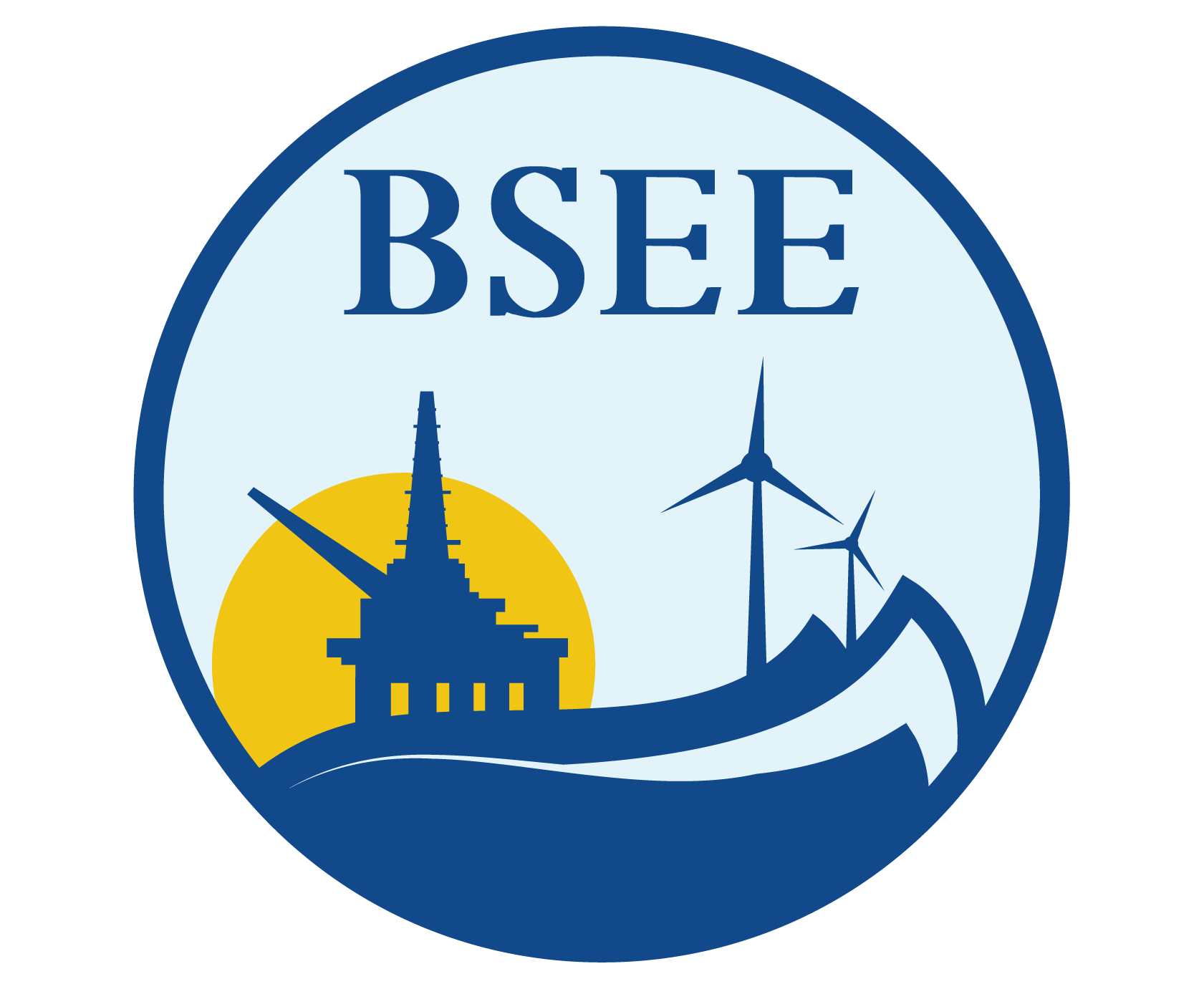
STERLING, Va. - The Bureau of Safety and Environmental Enforcement (BSEE) and representatives from the American Petroleum Institute’s (API) Oil Spill Preparedness and Response Joint Industry Task Force discussed advances in oil spill research during a workshop at the BSEE office in Sterling, Va. held last month. The workshop provided an opportunity for key industry leaders and BSEE’s Oil Spill Preparedness Division to examine progress related to oil spill preparedness and response. The participants examined a number of topics including in situ burning, dispersants and remote sensing. Other areas discussed included common operating pictures, shoreline protection and cleanup, spill mitigation analysis, new systems-based response planning calculators, and planning for the 2017 International Oil Spill Conference.
David M. Moore, Chief of BSEE’s Oil Spill Preparedness Division, noted that “both BSEE and the offshore industry share responsibilities to be good stewards of the environment. The exchange of research findings and perspectives during the workshop will help us meet that responsibility by leading to improved techniques to remove oil from the marine environment.”
API’s emergency response subcommittee members noted that BSEE and API have committed significant resources and funding towards research over the past six years. This research has achieved technological advancements across all aspects of oil spill response. The workshop provided a useful forum to share these developments and to discuss opportunities for future research and development.
The task force was formed to bring industry subject matter experts together to review the industry’s ability and capacity to respond to an oil spill of national significance (SONS). A SONS is defined as an oil spill that due to its severity, size, location, actual or potential impact on the public health and welfare or the environment, or the necessary response effort, is so complex that it requires extraordinary coordination of federal, state, local, and responsible party resources to contain and clean up the discharge. The task force addresses both preparedness for response and actual responses to crude oil and other contaminant spills.
BSEE oversees oil spill planning and preparedness for oil and gas exploration, development, and production facilities in both state and federal offshore waters of the U.S. The bureau funds and conducts oil spill response research and manages the Ohmsett test facility, where oil spill response testing, training, and research can take place in a simulated marine environment. Reports detailing research on behavior of oil, chemical treating agents, in situ burning of oil, decision-making support tools, mechanical recovery, remote sensing, and Arctic oil spill response are located on BSEE’s Oil Spill Response Research page here.
